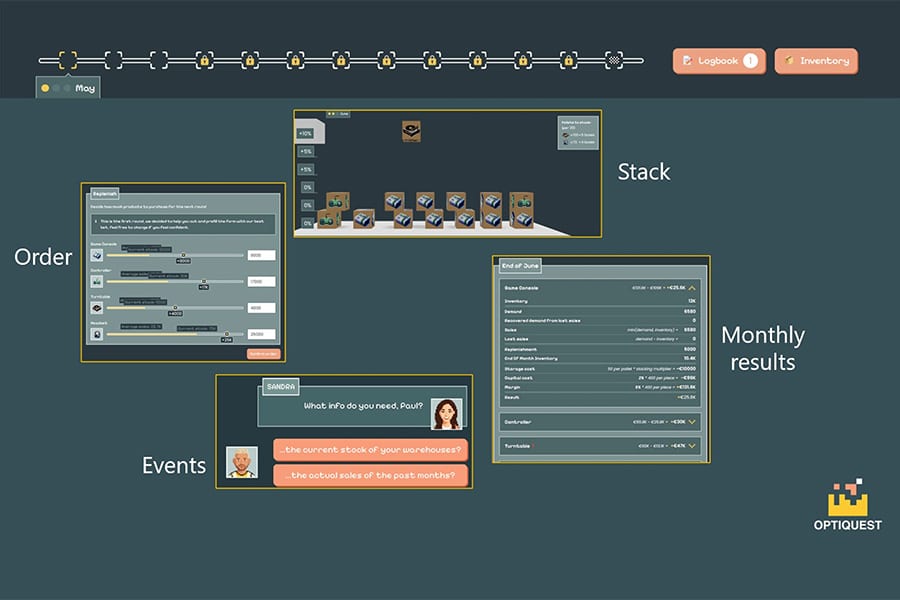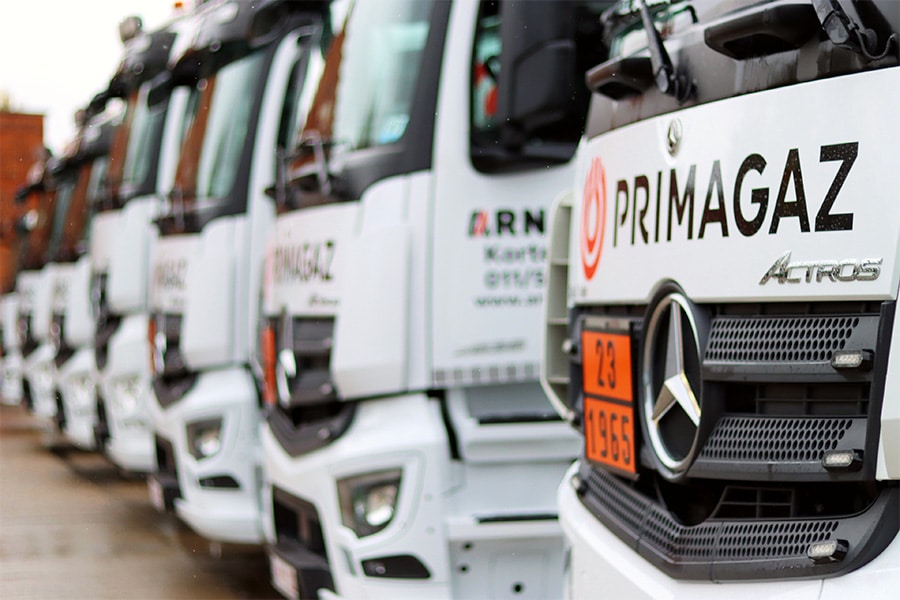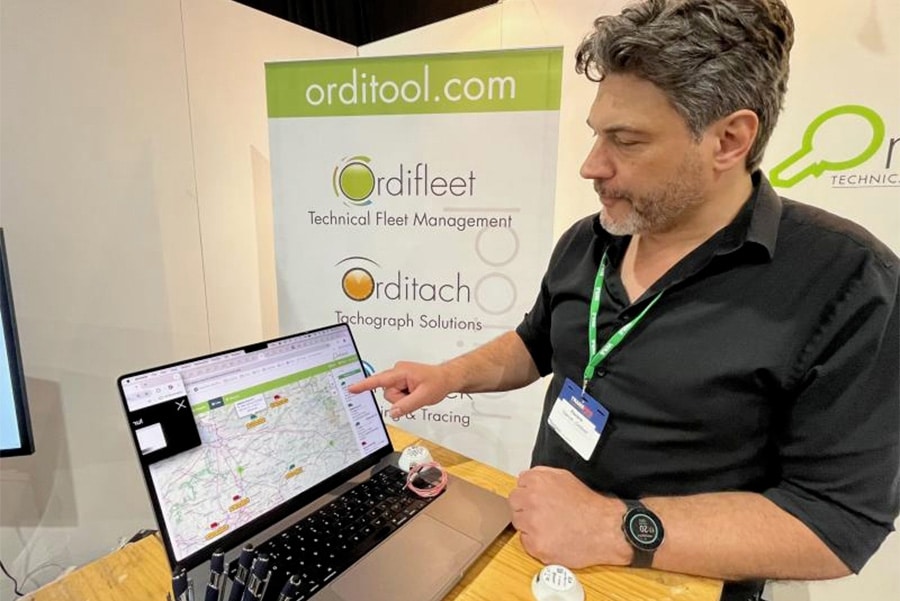
Fossil-free transport of flowers and plants with Volvo FH Electric LHV for Bernhard Transport
For conditioned transport of flowers and plants to various distribution centers throughout the Netherlands, Bernhard Transport will deploy a Volvo FH Electric LZV. The company from Luttelgeest grows its orchids in an energy-neutral way. By choosing a Volvo FH Electric in 2022, transport to the end customer will also be fossil-free.
The Volvo FH Electric 4×2 tractor unit will be used as an LZV by Bernhard Transport. The combination will transport flowers and plants to various distribution centers including Aalsmeer, Venlo, Naaldwijk and Eelde. "By using 25 MW of geothermal energy and 20 MW of solar panels, we grow our orchids energy-neutral. By electrifying the transport, even the last bit to our customer is fossil-free," explains Bram Bernhard, director of Bernhard Transport.
Family-owned Bernhard Group consists of four nurseries and a transportation company. Nursery Bernhard has invested a lot in sustainability in recent years. Last year, for example, a geothermal heating system was installed with which hot water can be pumped from the ground and used to heat the greenhouses. Nursery Bernhard wants to be energy neutral this year and be ready for a sustainable future. Making their transport branch fossil-free is a logical next step.
"The flower sector has made great strides in sustainability. Since 1990, the sector, the CO2-emissions per unit of product have been halved. This truck is part of further improvements in this area and with it we as horticulture can also continue to live up to our pioneering role," continued Bram Bernhard.
Fast charging on green power
Also the charging, Bernhard Transport is going to organize climate neutral. The company is investing in a fast charger on its own site, which, by linking to solar panels, will use green electricity as much as possible.
"To use the electric truck as much as possible, we would also like to charge at the auctions. It is our wish that a fast charger be installed there as well. Preferably on green electricity, of course. Only in this way can we make the entire chain sustainable and build a climate-neutral future for our next generations," concludes Bram Bernhard.




